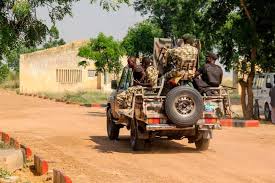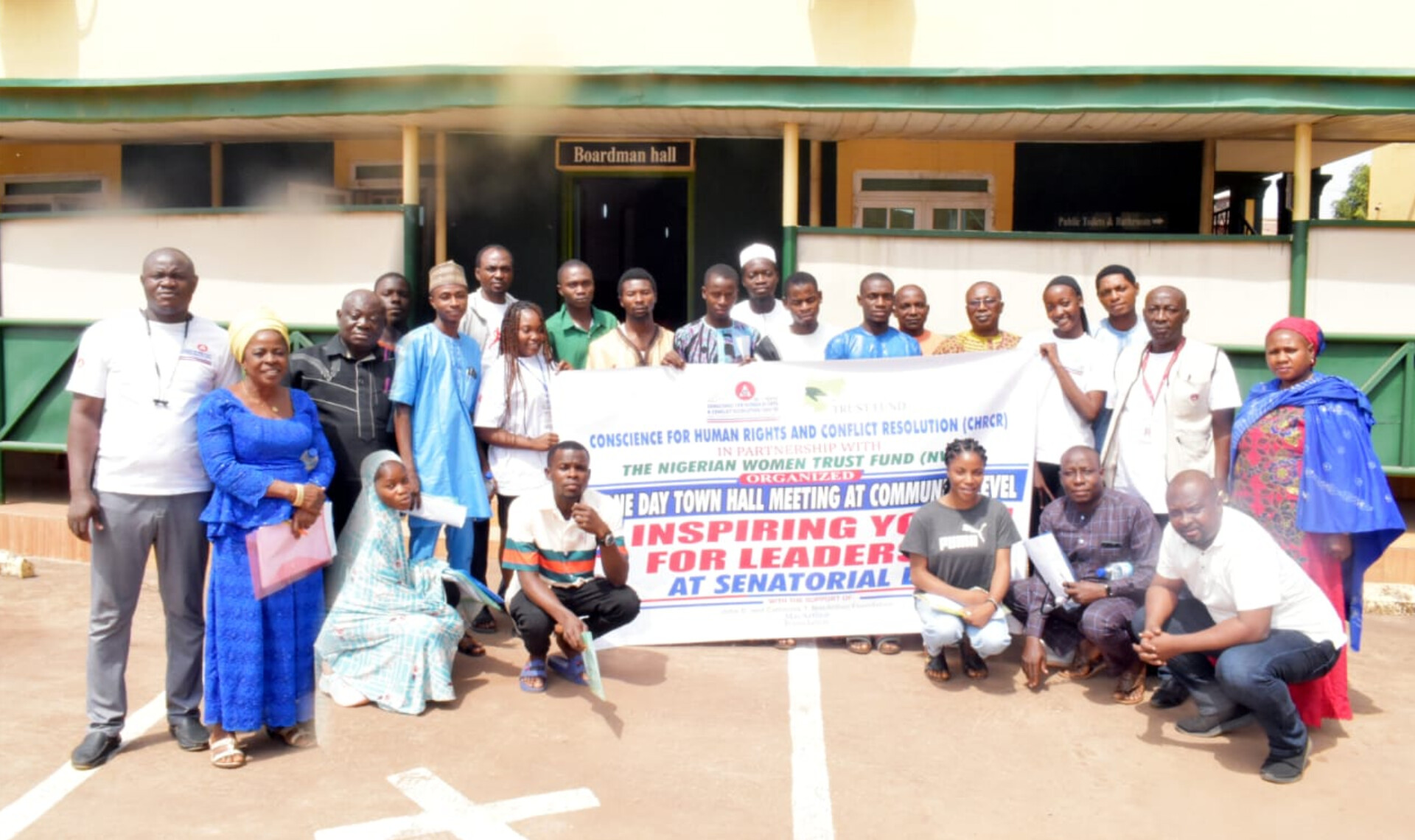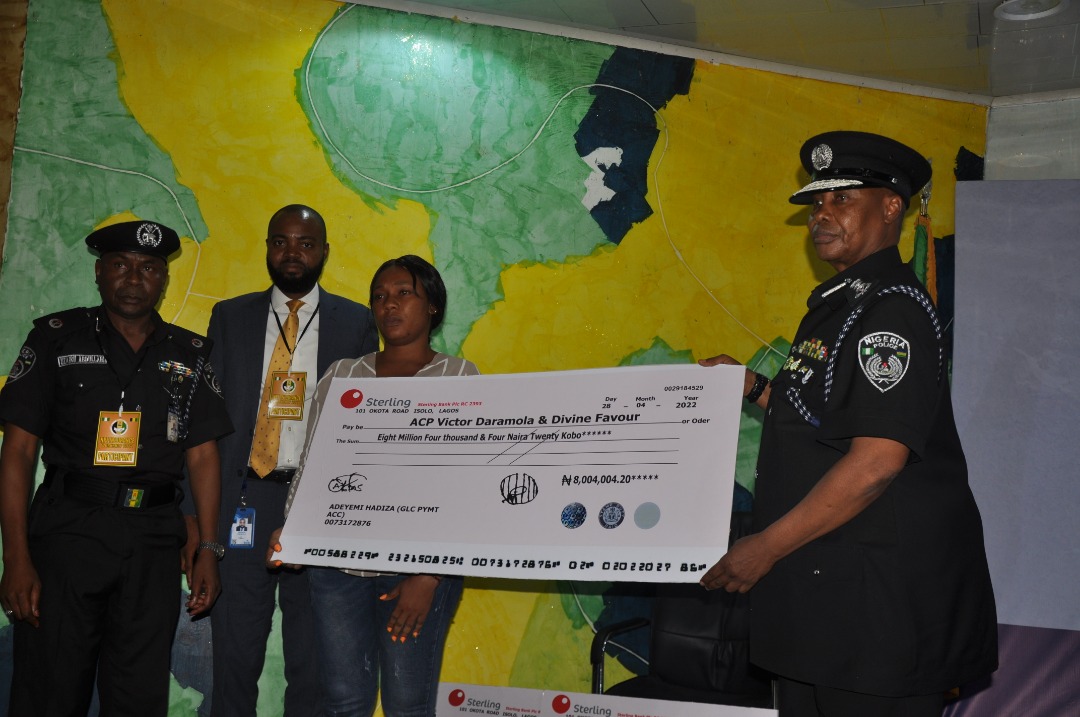From Naseer Mijinyawa, Minna
Nemesis caught up with some bandits terrorising some communities as a brave taxi driver rammed into their blockade killing three and zooming off on the ever busy Minna Gwada high way on Sunday
The courageous driver had no other option but to use the high speed as a defence against the heavily armed men suspected to be bandits killing three of them on the spot.
The bandits were said to have invaded the high way to wreck havoc on motorists when the brave commercial driver who was on top speed ran into them
It was gathered that the bandits had earlier carried out their offensive attacks on some communities in Mutndaya, Shiroro local government where they rustled some cattles and kidnapped dozens of persons among their victims were three pregnant women from the local government
It was gathered that the bandits were armed with sophisticated weapons such as Ak47, Ak49 among other dangerous weapons with which they had earlier laid siege on the high way waiting for vehicles to attack.
It was further gathered that the hoodlums extended their operation to some communities in Kafi Koro in Paikoro local government and engaged the local vigilante corps and the military in a gun duel where two of the bandits were gun down while another two were arrested by the joint operatives of the vigilante and the military.
Having been overwhelmed some of the bandits took to their heels escaping in to the bush with gun shot wounds as they abandoned their motorcycles.
Already the locals in their large numbers have deserted their homes as a result of the invasion of the gunmen that held them hostage for over 8 hours unchallenged.
Among the communities invaded by the gunmen, are Mutundaya, Gwada, and Sikiti, Ishau, and Adunu in Shiroro and Paikoro local government.
A visit to the affected Communities by our correspondent indicated that women and children were seen in their numbers trekking to the nearby village to take refuge.
However, our reporter was told that some heavily armed military personnel have been drafted to both communities who have been able to repel the terrorists killing two and recovering the rustled animals .
It was also gathered during the gun duel with the soldiers who came in to the communities in sixteen Hilux vans, some motorcycles abandoned were recovered as some of the fleeing terrorists escaped in to the forest with gunshot wounds.
The Commissioner for local government and internal security in Niger State, Mr Emmanuel Umar could not be reach for his comments as series of calls to his cellphone was not responded to.
However, the state commandant of Niger State vigilante corps (NSVC) Yarima Nasir Manta while confirming the report explained that his men and soldiers are already on the trail of the fleeing bandits
Three of the communities are now ghost towns having been deserted by the the locals to take refuge in a nearby internally displaced persons camps (IDP) in Gwada and a primary school in Chimbi community in Paikoro local government.




